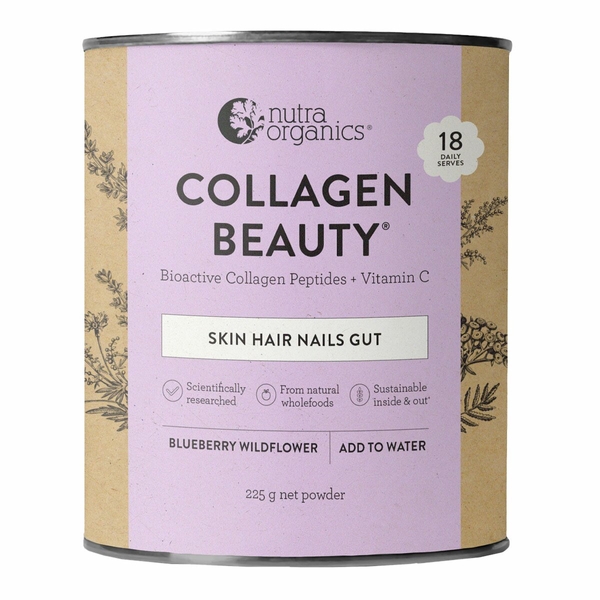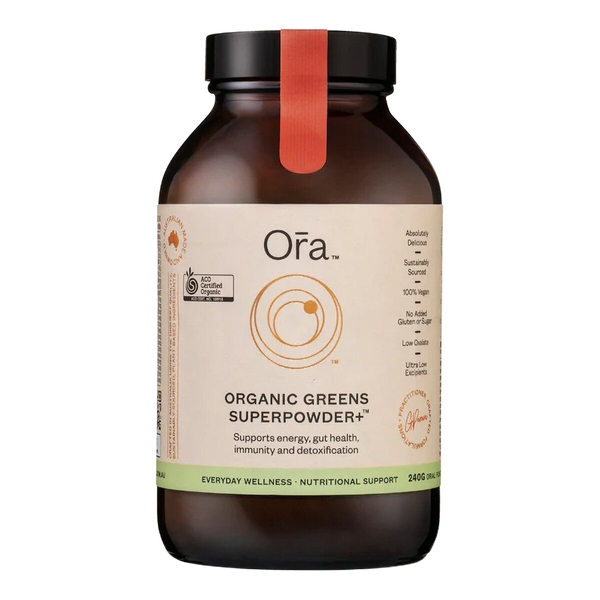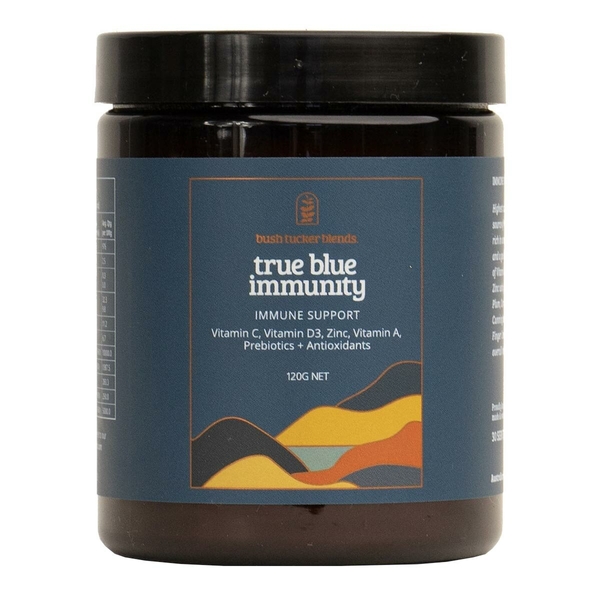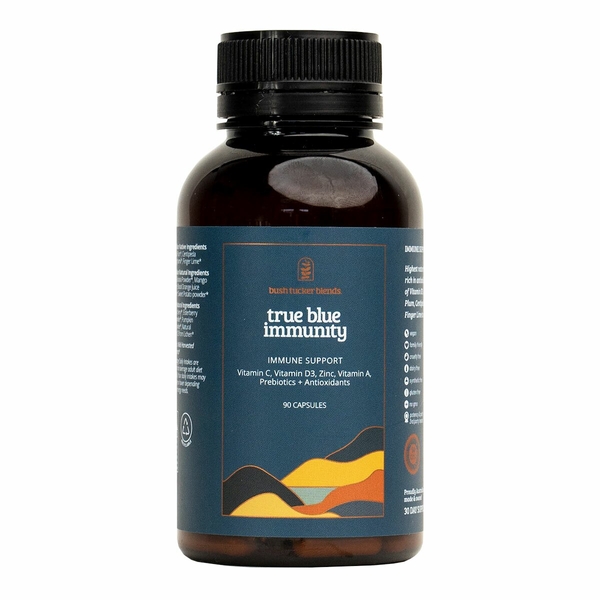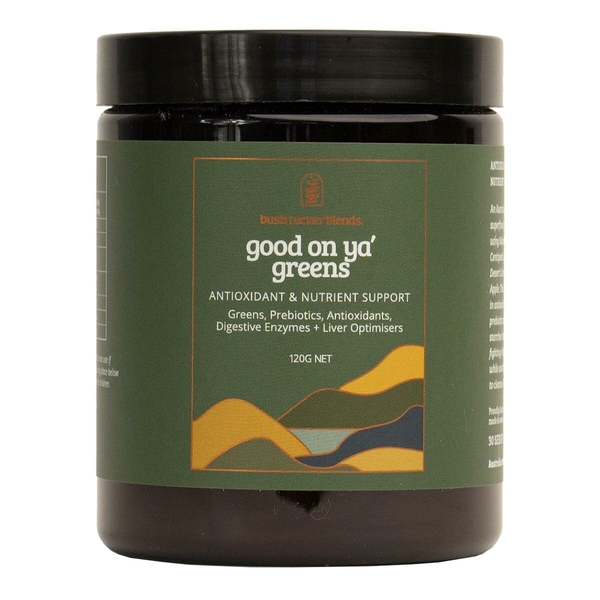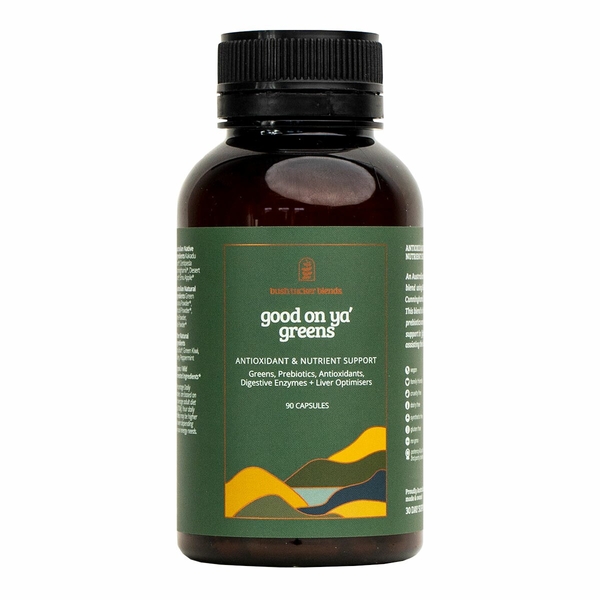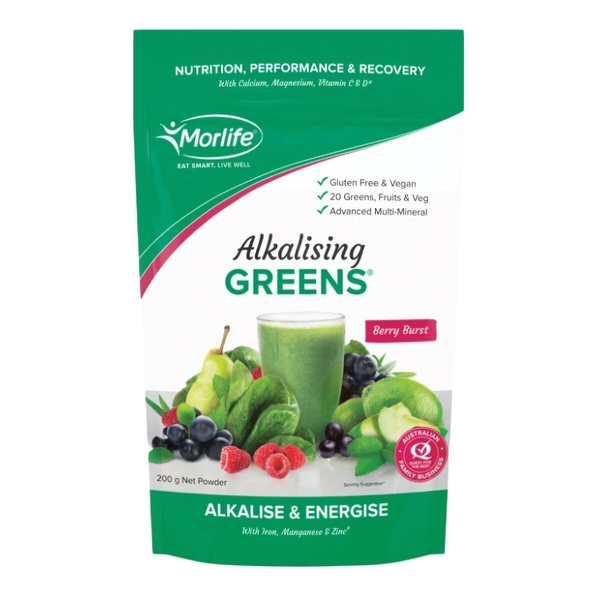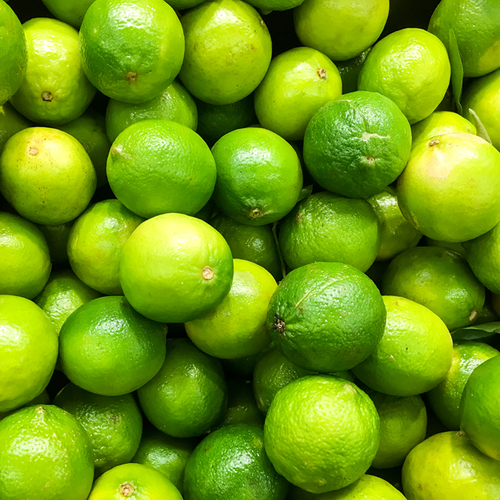
Background
People use lime for scurvy, malaria, sickle cell disease, gastrointestinal disorders, vaginal infections, and many other conditions, but there is no good scientific evidence to support these uses.
In cosmetics, lime oil is used as a fragrance component and as a "fixative".
Safety Safety definitions
When applied to the skin: Applying lime directly to the skin is POSSIBLY UNSAFE. Some people are sensitive to lime when it is applied directly to the skin. Lime can cause the skin to be very sensitive to the sunlight. Wear sunblock and protective clothing outside.
When placed in the vagina: Placing lime juice in the vagina is POSSIBLY UNSAFE. Lime juice can be harmful to cells in the vagina and cervix. It can cause itching, burning, dryness, pain, and other symptoms.
Special Precautions & Warnings:
Pregnancy and breast-feeding: There isn't enough reliable information to know if lime is safe to use when pregnant or breast-feeding. Stay on the safe side and avoid use of lime as medicine.Effectiveness
- Low levels of healthy red blood cells (anemia) due to iron deficiency. Drinking one liter of lime juice per day for 6 days weekly for 8 months doesn't appear to improve iron absorption in women with low iron levels.
- Malaria. Early research shows that taking lime juice along with standard malaria medicine may help treat children with malaria better than taking malaria medicine alone.
- Sickle cell disease. Early research shows that taking lime juice may help reduce episodes of pain and fever in children with sickle cell disease.
- Quitting smoking. Early research shows that taking lime may help to reduce cravings in people trying to quit smoking.
- A disease caused by vitamin C deficiency (scurvy).
- Severe diarrhea (dysentery).
- Nausea.
- Killing germs on the skin.
- Vaginal infections when used in the vagina.
- Other conditions.
Dosing & administration
Interactions with pharmaceuticals
Medications changed by the liver (Cytochrome P450 3A4 [CYP3A4] substrates)
Interaction Rating=Moderate Be cautious with this combination.
Some medications are changed and broken down by the liver. Lime juice might decrease how quickly the liver breaks down some medications. Drinking lime juice while taking some medications that are broken down by the liver can increase the effects and side effects of these medications. Before taking lime, talk to your healthcare provider if you are taking any medications that are changed by the liver.
Some medications changed by the liver include lovastatin (Mevacor), ketoconazole (Nizoral), itraconazole (Sporanox), fexofenadine (Allegra), triazolam (Halcion), and many others.
Medications that increase sensitivity to sunlight (Photosensitizing drugs)
Interaction Rating=Moderate Be cautious with this combination.
Some medications can increase sensitivity to sunlight. Lime oil might also increase your sensitivity to sunlight. Using lime oil along with medications that increase sensitivity to sunlight could increase the chances of sunburn, and blistering or rashes on areas of skin exposed to sunlight. Be sure to wear sunblock and protective clothing when spending time in the sun.
Some drugs that cause photosensitivity include amitriptyline (Elavil), Ciprofloxacin (Cipro), norfloxacin (Noroxin), lomefloxacin (Maxaquin), ofloxacin (Floxin), levofloxacin (Levaquin), sparfloxacin (Zagam), gatifloxacin (Tequin), moxifloxacin (Avelox), trimethoprim/sulfamethoxazole (Septra), tetracycline, methoxsalen (8-methoxypsoralen, 8-MOP, Oxsoralen), and Trioxsalen (Trisoralen).
Interactions with herbs & supplements
Interactions with foods
Action
Products
View all products- Citrus aurantiifolia (Lime)
- Hydrolysed bovine collagen peptides
- Bovine collagen peptides 3 g
- Beta vulgaris (root) powder (Beetroot)
- Siraitia grosvenorii (Monk fruit)
- Viola odorata
- Matcha butterfly pea blend flower
- Sambucus nigra
- Vaccinium corymbosum (fruit) powder
- Rubus idaeus
- Natural flavours
- Hippophae rhamnoides juice
- Bambusa breviflora (stem) ext. dry
- Psidium guajava (leaf) ext.
- Citrus australasica (Finger lime)
- Arthrospira platensis (Spirulina) 1.68 g
- Wheatgrass powder 1.12 g
- Medicago sativa powder 160 mg
- Hordeum vulgare powder 160 mg
- Chlorella pyrenoidosa powder
- Spinacia oleracea (Spinach) 80 mg
- Brassica oleracea var. acephala (leaf) powder (Kale) 80 mg
- Brassica oleracea var. italica (sprout) powder
- Inulin (Dietary fibre)
- Pea (fibre) sprouted
- Lepidium meyenii (root) powder
- Saccharomyces cerevisiae (boulardii) (SB) 200 mg
- Tremella fuciformis powder 200 mg
- Pouteria lucuma (fruit) powder
- Oryza sativa (Brown rice protein)
- Lentinula edodes powder 160 mg
- Quinoa (sprout) powder
- Malpighia glabra powder 120 mg
- Grifola frondosa powder 80 mg
- Schisandra chinensis powder 80 mg
- Stevia rebaubiana
- Beta vulgaris (root) powder (Beetroot)
- Daucus carota juice dry
- Davidson plum powder
- Backhousia citriodora (leaf) powder
- Kakadu plum powder 80 mg
- Banana resistant starch powder
- Tasmannia lanceolata powder
- Citrus australasica (Finger lime)
- Terminalia ferdinandiana
- Centipeda cunninghamii
- Green banana
- Mango (fruit)
- Red orange
- Sweet potato powder
- Malpighia glabra
- Sambucus nigra juice dry
- Cucurbita pepo (seed) powder
- Cholecalciferol
- Citrus australasica (Finger lime)
- Terminalia ferdinandiana
- Centipeda cunninghamii
- Green banana
- Mango (fruit)
- Red orange
- Sweet potato powder
- Malpighia glabra
- Sambucus nigra juice dry
- Cucurbita pepo (seed) powder
- Cholecalciferol
- Citrus aurantiifolia (Lime)
- Terminalia ferdinandiana
- Centipeda cunninghamii
- Brassica oleracea var. italica powder
- Brassica oleracea var. acephala (leaf) powder (Kale)
- Arthrospira platensis (Spirulina)
- Citrus glauca
- Green banana
- Actinidia deliciosa (fruit) powder (Kiwi fruit (green))
- Apium graveolens
- Mentha x piperita
- Owenia acidula
- Citrus aurantiifolia (Lime)
- Kakadu plum powder
- Centipeda cunninghamii
- Citrus glauca
- Owenia acidula
- Green banana
- Brassica oleracea var. italica (Broccoli)
- Brassica oleracea var. acephala (leaf) powder (Kale)
- Arthrospira platensis (Spirulina)
- Actinidia deliciosa (fruit) powder (Kiwi fruit (green))
- Apium graveolens
- Mentha x piperita
- Beef
- Coconut aminos
- Acetic acid (Vinegar)
- Sea salt
- Cuminum cyminum
- Piper nigrum
- Chilli powder
- Paprika
- Myristica fragrans (Nutmeg)
- Citrus aurantiifolia (Lime)
- Rubus idaeus
- Medicago sativa
- Arthrospira platensis (Spirulina)
- Brassica oleracea var. acephala (leaf) powder (Kale)
- Spinacia oleracea
- Petroselinum crispum
- Fagopyrum esculentum (leaf)
- Chlorella vulgaris powder
- Brassica oleracea var. italica (sprout) powder
- Malus (Apple)
- Ananas comosus (Pineapple)
- Pyrus communis (Pear)
- Citrus limon (Lemon)
- Euterpe oleracea (berry) ext. (Acai)
- Urtica dioica
- Mentha x piperita
- Camellia sinensis
- Apium graveolens
- Cucumis sativus
- Magnesium citrate
- Potassium citrate
- L-glutamine
- Calcium citrate
- Natural flavours
- Taraxacum officinale (leaf) ext. dry
- Eleutherococcus senticosus ext. dry
- Curcuma longa ext. dry
- Withania somnifera ext. dry
- Camellia sinensis ext. dry
- Rosmarinus officinalis ext. dry
- Aloe barbadensis ext. dry
- Gardenia jasminoides ext. dry
- Piper nigrum ext. dry
- Magnesium gluconate
- Apple pectin
- L-alanine
- Xanthan gum
- L-histidine
- Lactobacillus acidophilus
- Bifidobacterium lactis
- Bifidobacterium bifidum
- Bifidobacterium longum
- Potassium ascorbate (Vitamin C)
- Citric acid anhydrous
- Zinc gluconate
- Ferrous fumarate
- Manganese citrate
- Selenomethionine
- Vitamin D
- Chromium picolinate
- Acacia sp. (fibre)

